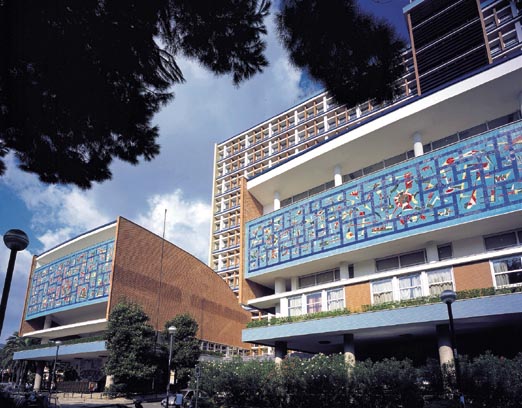The advent of disruptive data-driven technologies, especially Generative Artificial Intelligence (GenAI), has sparked debates on whether such technologies can augment, integrate, or automate human creativity and decision-making (Eapen et al. 2023; Raisch and Krakowski 2021). Creativity and decision-making are closely tied together because they are mutually reinforcing processes, each essential to effective problem-solving and innovation.
GenAI brings a creative dimension, producing new content, ideas, and solutions by leveraging patterns and knowledge from Big Data and Machine Learning, (Sestino and De Mauro, 2022). These technologies have a profound impact on human creativity and decision-making, both enhancing and transforming these processes, providing new ways to create, collaborate, and make informed decisions in a rapidly evolving digital landscape.
However, In the last years, many studies, coming from different streams of literature, have enquired on the consequences of GenAI in terms of technological unemployment and need for reskilling and upskilling (Benbya et al. 2024; Vinchon et al. 2023) but a relatively smaller body of literature has so far been focusing on GenAI’s impact on human creative work as fundamental dimension of human meaning of life (Kim and Scheller-Wolf 2022; Mejia 2023). Indeed, the creative dimension of human activity is a central dimension to both professional paths, as well as to one’s personal expression and dignity (Pless et al. 2017).
The ethical responsibilities of organizations in navigating these challenges have been widely assessed (Brusoni and Vaccaro 2017; Fioravante and Vaccaro, 2025). Ethical risks require a specific set of expertise, operations and processes developed to provide “integral ethical compliance” (Vaccaro 2023). This leads to the need to identify and pursue ethical risks tied to AI which go beyond those already tackled by existing and developing laws (Attard-Frost et al. 2023; Blackmann 2023; Ryan and Stahl 2021). Such processes hold also organizational survival risks, as they can eventually result in losing control over the organization itself and undermine its relationship with internal and external stakeholders (Kim et al. 2021; Sison et al. 2023; Blackman 2024;).
A specific stream of research has explored how the impact of GenAI on the creative industries can disrupt both the organisational field and the role of creative professionals (Anantrasirichai and Bull 2022; De Cremer et al. 2023). In general, the rise of new technologies is having a huge and disrupting impact on heritage management, art markets, and all activities related to cultural initiatives (Ghosh and Fossas 2022).
Finally, in the debate about the use of AI and GenAI, we believe that advocating for a central role for humanistic knowledge in organisations navigating technological disruption is critical to shaping our knowledge futures (Szostak 2023).
In this context, a crucial enabler for effectively harnessing GenAI is not only strong Data and AI Governance but also a focus on Knowledge Management and Knowledge Governance (Malacaria et al. 2023). As companies deploy GenAI, they face new organizational challenges, requiring robust systems to manage the flow, storage, and utilization of knowledge. The interaction between human intelligence and GenAI demands governance frameworks that ensure proper knowledge dissemination, safeguard intellectual capital, and align with ethical compliance.
Building on such debates, this special track seeks contributions focusing on the dialectic between human and artificial intelligence to assess, support and inform organizational deployment of new technologies.
There is a need for contributions from a variety of perspectives and approaches. Research contributions are encouraged to explore how Knowledge Management frameworks can be adapted to support AI-driven decision-making processes while ensuring humanistic values remain central.
This special track will explore key questions, including but not limited to:
- What is the role of automated creativity and decision-making in business?
- How can decision-making processes supported by AI be enrooted in humanism and ethical compliance?
- How can we prevent ethical risks, such as dehumanization, through robust Knowledge Management systems that balance the integration of AI with human creativity and judgment?
- What challenges and opportunities arise for businesses in adapting their Knowledge Management practices to accommodate GenAI’s influence on decision-making and creative processes?
- How can organizations foster collaboration between human experts and AI systems in a way that enriches both knowledge creation and utilization without undermining human input?

